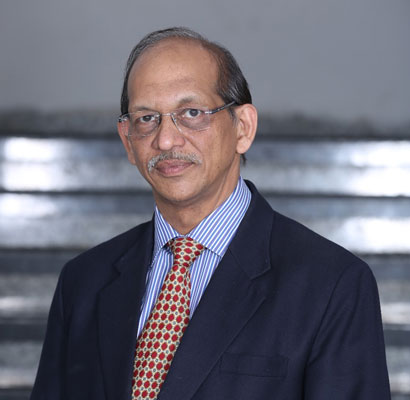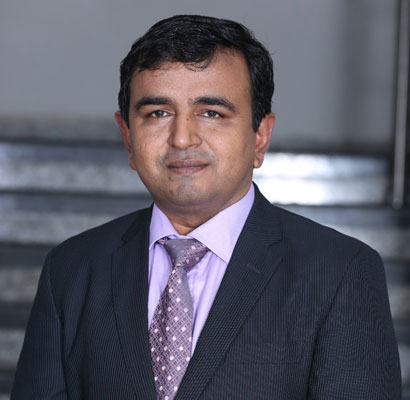Where Excellence in Anaesthesia Meets Compassionate Care
At HealthCity, our Anaesthesia Department is dedicated to providing safe, effective and patient-centred anaesthesia care for a wide range of surgical and medical procedures. Our team of highly skilled and experienced anaesthesiologists, Dr Pramesh Agarwal & Dr Subodh Kumar, ensure that every patient receives personalized care with the highest standards of safety and comfort. They bring years of expertise in managing diverse and complex cases. Each member of our team is committed to upholding the highest standards of medical excellence and compassionate care.
![]()
Reason to Choose HealthCity
Highly Skilled Anaesthesiologists
Our team comprises of highly qualified anaesthesiologists with extensive expertise & years of experience in all types of anaesthesia, pain management, and critical care.
State-of-the-Art Technology
We utilize the latest monitoring systems and anaesthesia techniques to ensure precision and patient safety, which is our prime concern.
Comprehensive Anaesthesia Services
From general anaesthesia to regional and local anaesthesia, we customise our approach to meet the specific needs of each patient.
Patient-Centered Approach
We prioritize patient comfort, safety, and well-being, ensuring that each individual is fully informed and at ease before, during and after procedures.
Our Expertise
General Anaesthesia
Ensuring unconsciousness and pain-free surgery for major procedures.
Regional Anaesthesia
Including spinal and epidural anaesthesia for targeted pain relief.
Sedation Services
For minor surgeries, diagnostic procedures, and pain management.
Pain Management
Specialized techniques to help manage acute and chronic pain.
Critical Care Anaesthesia
Advanced anaesthesia services for critically ill patients.
Preoperative Consultation
Personalized assessment and planning to optimize anaesthesia care.
Commitment to Patient Safety
Patient safety is our top priority. Our team follows stringent protocols and continuous monitoring practices to minimize risks and enhance recovery. We collaborate closely with surgeons, nurses and other medical professionals to deliver seamless and comprehensive perioperative care.
There are three main types of anaesthesia:
- General Anaesthesia: The patient is put to sleep and unaware of the procedure.
- Regional Anaesthesia: Numbs a specific area of the body, such as spinal or epidural anaesthesia.
- Local Anaesthesia: Numbs only a small, specific area of the body for minor procedures. Each type is selected based on the surgery or procedure and the patient's health needs.
Meet Our Experienced Team
Our Dedicated Consultants for Anaesthesia

Dr Pramesh Agarwal




